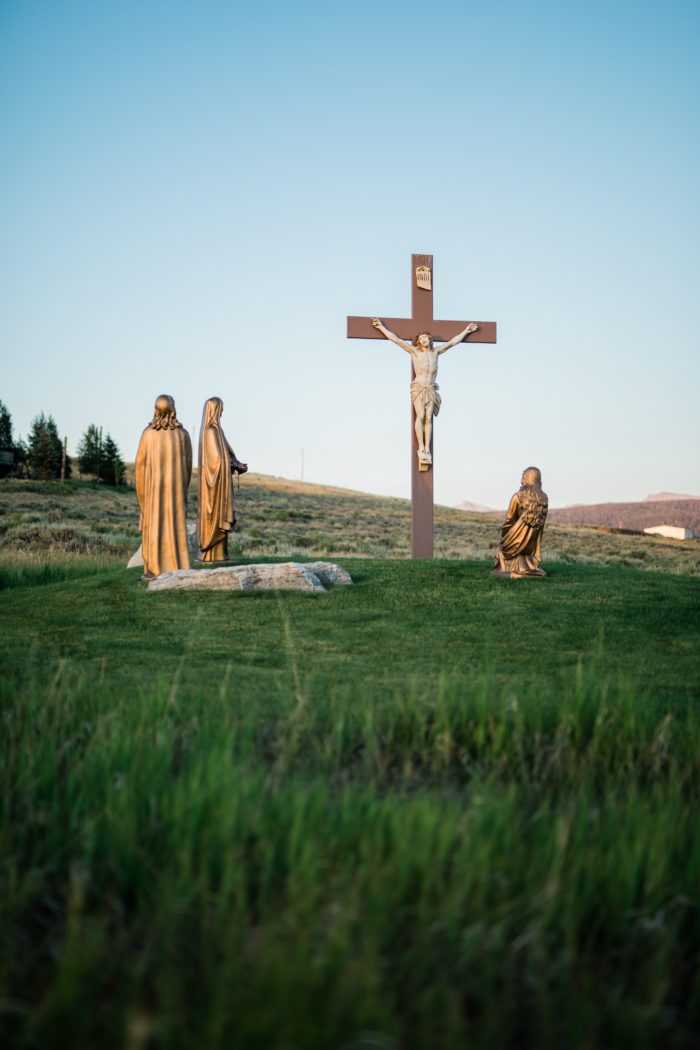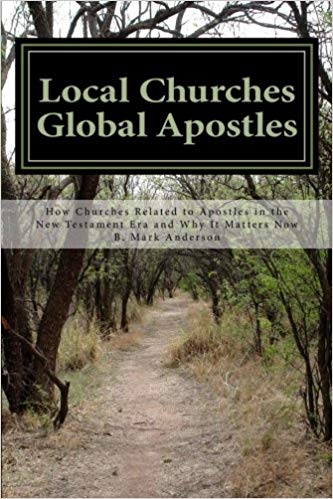Taking the full judgment for sin was the great work of Jesus Christ at the cross.

Scripture records many and various kinds of judgments.
I once counted about 15-20, depending on how someone translates or combines. Here’s a partial list:
· Saints will judge the world–I Corinthians 6:2
· Saints will judge angels—I Corinthians 6:2
· A church court system—I Corinthians 6:1-8
· Christians need to judge themselves–I Corinthians 11:28 and 31
· Judgment following the Eucharist (Holy Communion)—I Corinthians 11:29
· Church discipline—I Corinthians 5:12-13
· Judgment of nations–Matthew 25:31
· Judgment of cities—Matthew 11:22
· Human “judgmental-ism” (criticism)—Matthew 7:1
· Judgment of the 12 tribes of Israel—Matthew 19:28
· Evaluation of prophecies and messages—I Corinthians 14:29
· Reproofs in life–Proverbs 15:10
· Discipline from a Father or from Father-God–Hebrews 12:5-6
· Judgment for sin at the cross—John 3:18, John 5:24
· The Judgment Seat of Christ—2 Corinthians 5:10, I Corinthians 3:8-15
· The Great White Throne Judgment—Revelation 20:11-15
Some judgments are eternal, some are temporal.
The doctrine of eternal judgment is the last of the Foundational Doctrines listed in Hebrews 6. This article confines itself to the judgment for sin on the cross, the first eternally significant judgment. (Notice these foundational doctrines are “elementary principles” and basic building blocks to enable believers to grow into Christian maturity.)
Judgment for Sin at the Cross
This is the most astounding, mind-boggling judgment of all. It was formed in the heart of God and executed upon Jesus. It is at the heart of the gospel; it’s what makes the gospel glorious. It bewilders and confuses the human mind unless balanced by other judgments which are all a part of this great doctrine–the doctrine of eternal judgment.
John 3:18 The believer in Jesus as Savior is not judged. What a liberating truth! Has it sunk in? Do we dare believe it? And why is the believer not judged? Because Jesus took the penalty for sin on Himself.
John 5:24 The believer already has eternal life. He does not come into judgment, but has already passed out of death into life! What judgment does he by-pass? The Great White Throne Judgment. This verse is personally meaningful to me. God used it to give me assurance of my own salvation.
Romans 6:10 The death that He died, He died to sin, once for all. That means once–for all sins, for all men, for all time and eternity. The same is emphasized in Hebrews 7:27; 9:12, 26, 28; 10:1-18. Did Jesus suffer enough for sin? Did He pay the full penalty, or do we have to pay some more? Must we add to His payment, or is the one sacrifice on the cross all sufficient for all time and eternity?
Romans 8:1 There is no condemnation for those in Christ Jesus. The Greek word for condemnation is literally “down-judgment”. (Use an accurate Bible version here; some translations add conditions.)
Isaiah 53:8 When Jesus Christ was crucified the stroke (of judgment) of God’s righteous anger against sin fell on His Son instead of on all the world. We deserved the punishment (of hell) but Jesus took it instead of us!
Romans 4:8 “BLESSED IS THE MAN WHOSE SIN THE LORD WILL NOT TAKE INTO ACCOUNT” What an astounding statement. It makes clear the man has sin, but God does not take the sin into account! Paul uses this truth to anchor justification by faith through grace regardless of the quality of a person’s life. It’s salvation based on grace, not determined by the amount of sin in his life.
2 Corinthians 5:19 God is “not counting their trespasses against them.” This is the offense of the gospel. It doesn’t seem fair. It scandalizes our sense of justice. We tend to think a man should have to take responsibility for his sin. Do we dare let this Scripture stand?
John 12:31 Just before going to the cross Jesus announced, “Now judgment is upon this world.” At the cross the balance of authority and power changed in the entire universe. Satan was defeated, Christ was exalted, sin’s penalty was dealt an eternal blow, and God’s righteousness was forever established. A new, never-before-heard-of covenant was initiated. In this all-new modus operandi the believer was declared “righteous,” and the basis for salvation and the kingdom of God was settled forever.
Truth in Scripture must be balanced
Yes, absolutely, these Scriptures are balanced by other Bible judgments. Judgment is not one monolithic event on the Last Day. Someone who accepts the truth of God’s judgment for sin at the cross of Calvary, but doesn’t acknowledge the fire at the Judgment Seat of Christ gets a wrong impression. He may think, as some accuse, that the believer can go out and live any way he wants. That’s wrong.
God in His love has initiated various judgments for various purposes. Scripture is loaded with judgments of discipline, correction, and reproof for sin. Some are severe, even to physical death (1 Cor 11:30).
Study the Judgment Seat of Christ in II Corinthians 5:10 and I Corinthians 3:8-15 and The Great White Throne Judgment in Revelation 20:11-15. Each of these awesome courts relates to the Calvary judgment of sin and helps us understand why the gospel of Jesus Christ is so great.
And let me know what you think. . .

Photo by Grant Whitty on Unsplash













